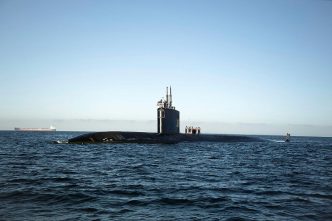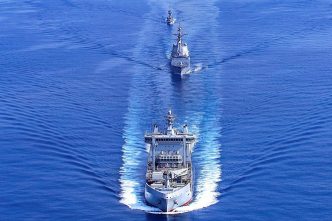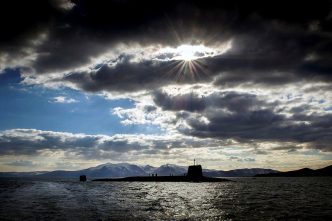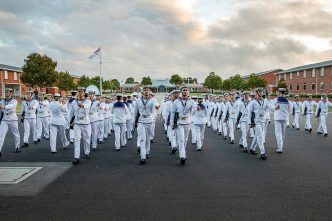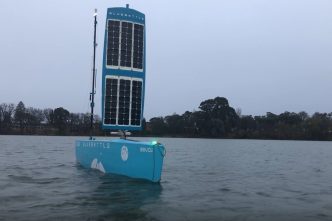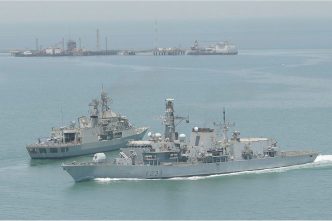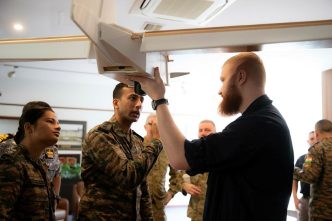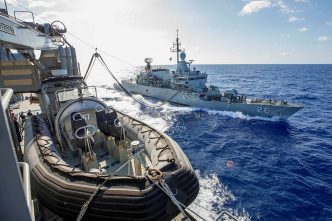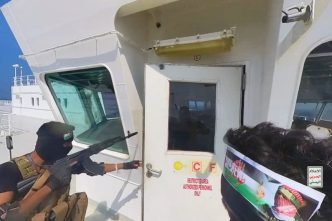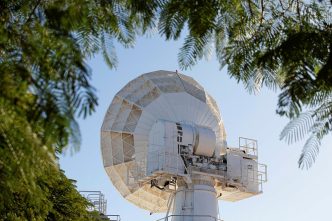AUKUS is more than the exquisite capability of submarines. It is an agreement on values that will defend the three partners, the US, UK and Australia, and their regions from the destabilising forces of rising …
The start of 2024 has been marked by a wave of predictions regarding the trajectory of artificial intelligence, ranging from optimistic to cautious. Nevertheless, a clear consensus has emerged: AI is already reshaping human experience. …
Yesterday’s 2+2 ANZMIN meeting of Australian and New Zealand foreign and defence ministers in Melbourne will be viewed as a natural part of an alliance that evokes memories of the Anzacs at Gallipoli and was …
Britain’s Royal Navy has advertised for a suitably experienced individual to fill the role of its director of submarines, a rear admiral who acts as the senior, professional head of its submarine arm. The position …
The Government, and many others, have described the grim parallels between Australia’s present strategic circumstances and those leading up to World War II. As a maritime nation we must ask urgently how we find ourselves …
The December AUKUS Defence Ministers meeting in San Francisco has reinforced the importance of advanced undersea warfare capabilities as a key element of the agreement’s Pillar 2. A particular focus was the role of autonomous …
Last year I wrote the maritime opinion piece on the Defence Strategic Review (DSR) for the WA Defence Review 2022–23 annual issue. In it I opined that there were some promising signs, but I also …
Armed forces usually adapt slowly in peacetime, resisting change. Well, only the most hidebound will be ignoring the revolution in military affairs under way in Ukraine and the Red Sea. For want of a better …
When policymakers discuss the AUKUS partnership, they like to focus on the flashy bits: nuclear submarines, hypersonic missiles, artificial intelligence. Politicians of all stripes can rarely resist the temptation. But beneath the surface are a …
Originally published on 26 May 2023. The defence strategic review highlighted the need for the Royal Australian Navy to have two levels of surface combatants to provide ‘increased strike, air defence, presence operations and anti-submarine …
The 2023 defence strategic review noted that Australia’s economy had become more interconnected with the Indo-Pacific and the world, and that brought a fundamental interest in protecting the rules-based order upon which international trade depends. …
The establishment by Australia and its AUKUS partners, the United States and the United Kingdom, of a deep space advanced radar capability (DARC) will help them respond to the threat of attacks on their satellites …


